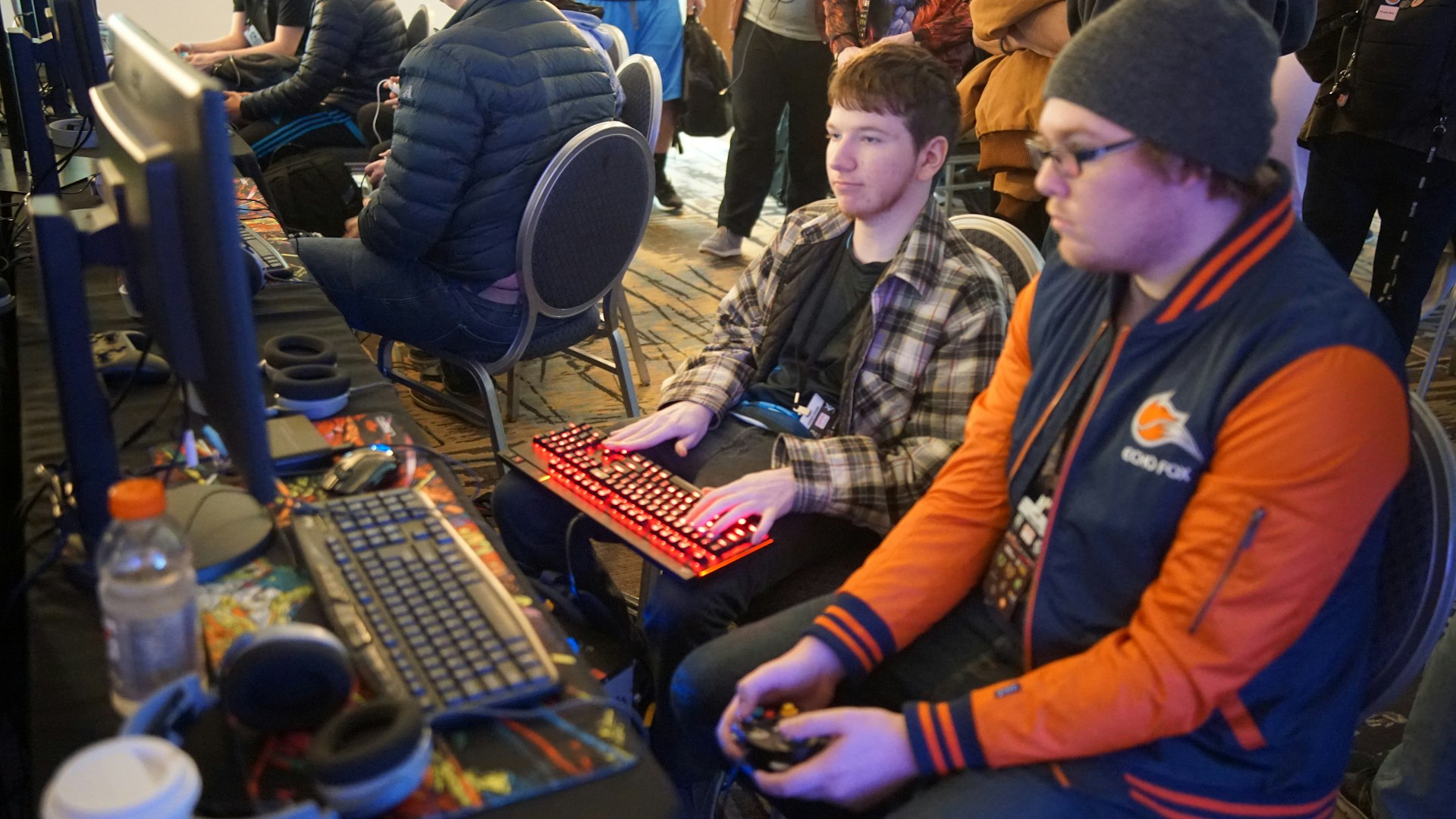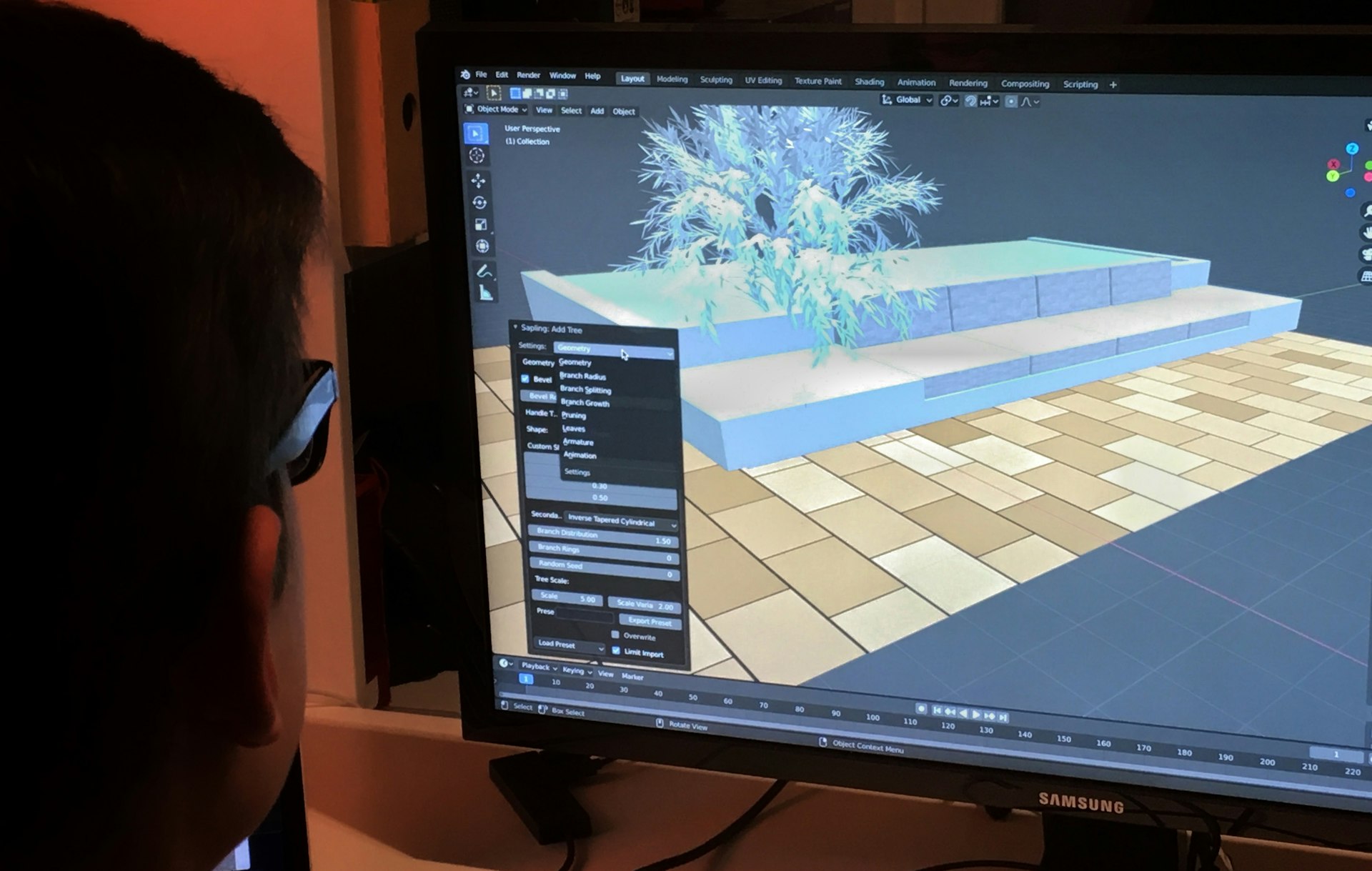How Gaming Empowers Social Activism: Strategies, Case Studies, and Real-World Steps

Photo by NATHAN MULLET on Unsplash
Introduction: The Evolving Role of Gaming in Social Activism
In recent years, video games have evolved beyond entertainment, emerging as powerful tools for social activism and change. By leveraging interactivity, narrative immersion, and community engagement, games can raise awareness, foster empathy, and mobilize players to take collective action. This article explores the mechanisms through which gaming drives activism, provides actionable pathways for involvement, and examines current examples of games creating real-world impact.
Understanding the Power of Gaming for Activism
Gaming’s unique ability to immerse players in complex social scenarios makes it an effective platform for activism. Unlike passive media, games allow users to actively participate in narratives, simulate decision-making, and collaborate with others. Through this engagement, players can gain a deeper understanding of issues such as inequality, environmental challenges, and human rights, often leading to increased motivation to support or join activist movements [1] .
Gamification: Turning Awareness Into Action
Gamification refers to the application of game-design elements in non-gaming contexts to encourage participation and problem-solving. Activist organizations and developers use gamification to engage audiences, educate about social issues, and inspire real-world action. For example, in the game “Foldit,” players help solve protein structures, directly contributing to scientific research and global health solutions [1] .
Case Studies: Games Driving Social Change
Several notable games have addressed critical social and political issues, demonstrating the medium’s capacity to inspire activism:
1. “Peacemaker” – Navigating Political Conflict
This serious game places players in the midst of the Israeli-Palestinian conflict, challenging them to seek peaceful resolutions. By exploring different perspectives, participants develop empathy and a nuanced understanding of complex issues, motivating some to seek further information or activism outside the game [1] .
2. “Darfur is Dying” – Evoking Empathy for Refugees
“Darfur is Dying” puts players in the role of a Sudanese refugee, highlighting the dangers and hardships faced by those affected by the Darfur conflict. The game’s immersive nature evokes empathy and has prompted many players to support humanitarian efforts and raise awareness about the crisis [1] .

Photo by Stem List on Unsplash
3. Community-Led Activism in Popular Games
Players often use mainstream titles as platforms for activism. For example, in “Animal Crossing: New Horizons” and “NBA2K21,” Black youth and activists have organized in-game protests and awareness campaigns, customizing avatars and environments to reflect real-world movements such as Black Lives Matter. These virtual demonstrations are shared on social media, amplifying their impact and inspiring broader engagement [2] .
How to Get Involved: Actionable Steps for Players and Developers
Whether you are a gamer, developer, educator, or activist, there are multiple pathways to leverage gaming for social activism. Consider these steps:
As a Player
- Seek Out Social Impact Games: Look for titles explicitly designed to address social issues. Many are available on mainstream platforms, as well as through independent developers and non-profit organizations. You can search for “serious games” or “social impact games” on major app stores or gaming websites for curated lists and reviews.
- Join In-Game Activist Events: Participate in virtual protests, charity streams, or awareness campaigns hosted within your favorite games. Follow social media channels and gaming forums for information on upcoming events.
- Share Your Experiences: Amplify the impact by sharing screenshots, stories, and reflections about your gaming activism on social media, using relevant hashtags to reach a broader audience.
As a Developer or Organizer
- Design for Impact: Incorporate social issues into your game’s narrative, character development, or mechanics. Collaborate with subject-matter experts and affected communities to ensure authenticity and sensitivity.
- Enable Customization: Allow players to create and share in-game content related to activism, such as signs, clothing, or custom levels. This fosters organic grassroots movements within your player community [2] .
- Partner with Non-Profits: Many organizations are interested in collaborating on educational or awareness-based gaming projects. Consider reaching out to established charities or advocacy groups to co-develop content or campaigns.
As an Educator or Parent
- Use Games as Teaching Tools: Integrate relevant games into curricula to foster empathy, critical thinking, and civic engagement. Discuss the issues raised and encourage students to research real-world contexts.
- Guide Responsible Play: Encourage youth to reflect on their gaming experiences and connect them to broader social issues. Provide resources for further learning and activism, such as contacting local advocacy organizations or participating in community events.
Challenges and Solutions
While gaming holds tremendous promise for activism, several challenges exist:
1. Misinformation and Harassment
Online activism within games can attract negative attention, harassment, or misinformation campaigns. To mitigate these risks, prioritize community guidelines, use moderation tools, and report inappropriate behavior through official channels. Many games provide in-game reporting systems and support resources for players facing harassment.
2. Accessibility and Digital Divide
Not all individuals have equal access to gaming technology or internet connectivity. Activist organizations and educators can address this gap by providing access to public gaming spaces, leveraging mobile-friendly games, or collaborating with libraries and community centers to broaden participation.
3. Ensuring Authenticity and Impact
Superficial or performative activism-sometimes called “slacktivism”-can dilute genuine efforts. Developers and organizers should focus on deep engagement, transparency, and measurable outcomes. Collaborate with affected communities and regularly assess the impact of gaming initiatives on real-world issues [3] .
Alternative Approaches and Emerging Trends
As the intersection of gaming and activism matures, new approaches continue to emerge:
- Immersive Storytelling: Games like “Detroit: Become Human” and “Life is Strange” use branching narratives to explore ethical dilemmas and social justice, fostering empathy and discussion among players [3] .
- Community-Built Experiences: User-driven content, such as custom maps, avatars, and social spaces, enables organic activism within popular games. These grassroots efforts can be more flexible and responsive than top-down initiatives [2] .
- Hybrid Online-Offline Campaigns: Successful campaigns often blend in-game activities with real-world actions, such as fundraising, volunteering, or contacting policymakers. You can find information on current campaigns by following the official websites and social channels of advocacy organizations active in the gaming space.
How to Access and Support Gaming-Based Activism
If you wish to support or access gaming-based activism, consider these steps:
- Search for “serious games” or “games for change” on reputable gaming platforms, app stores, or through organizations such as Games for Change. Always verify the legitimacy of these organizations by visiting their official websites and reviewing their recent initiatives and partnerships.
- Follow social media hashtags like #GamingForGood, #Games4Change, and #SocialImpactGames for up-to-date information on events and campaigns.
- Check with local libraries, community centers, or educational institutions for gaming-based civic engagement programs or workshops. These organizations may offer resources or host events that align with your interests.
- Contact non-profit organizations directly to inquire about volunteer opportunities, collaborative projects, or educational partnerships involving games and activism.
Key Takeaways
Gaming as a tool for social activism is a dynamic and rapidly growing field. By harnessing the power of interactivity, narrative, and community, games can make complex social issues accessible and actionable for diverse audiences. Whether you are a player, developer, educator, or organizer, numerous pathways exist to engage in or support gaming-based activism. For the latest developments, seek out reputable organizations active in the space, join conversations online, and remain vigilant about the authenticity and impact of the initiatives you support.
References
[1] IDCGames (2023). Games and social activism: approaching social inequality and inspiring movements. [2] JFS Digital (2022). The Future of Young Blacktivism: Aesthetics and Practices of Speculative Activism in Video Game Play. [3] PocketGamer.biz (2022). The Activism Game: How games can provoke positive change for good.
MORE FROM zestpath.net













